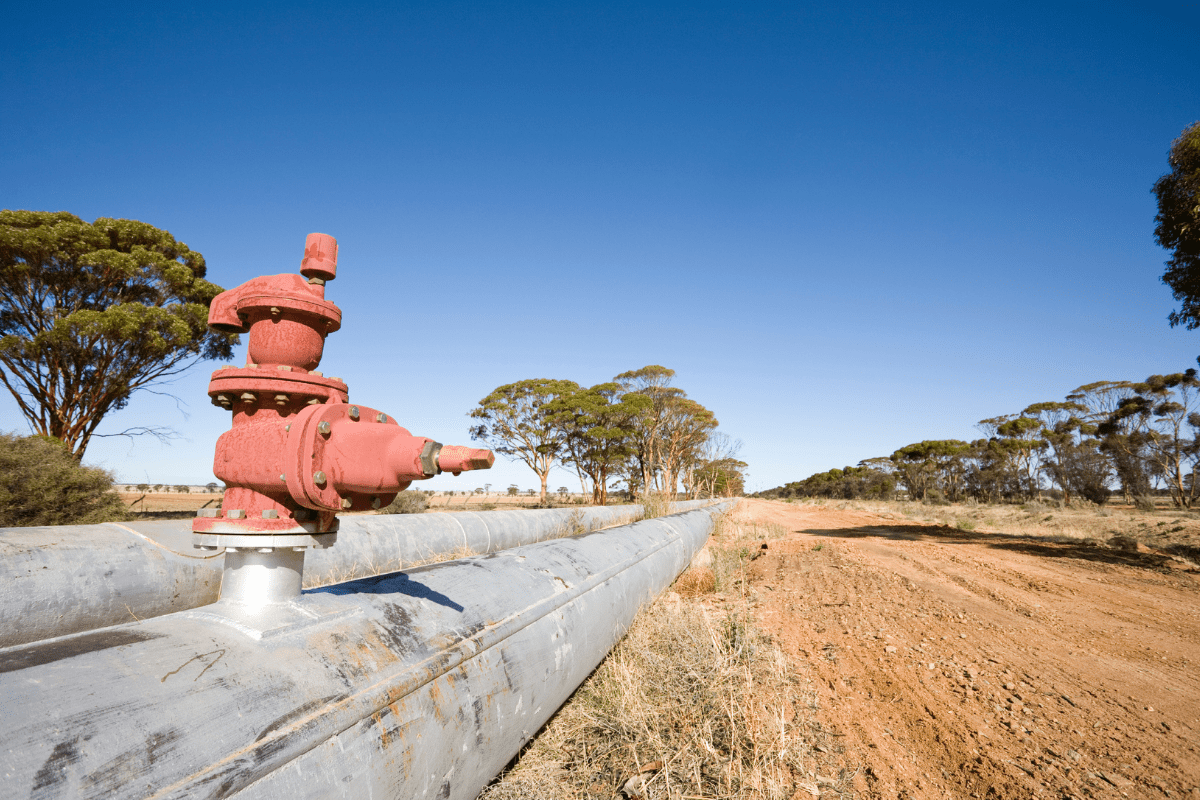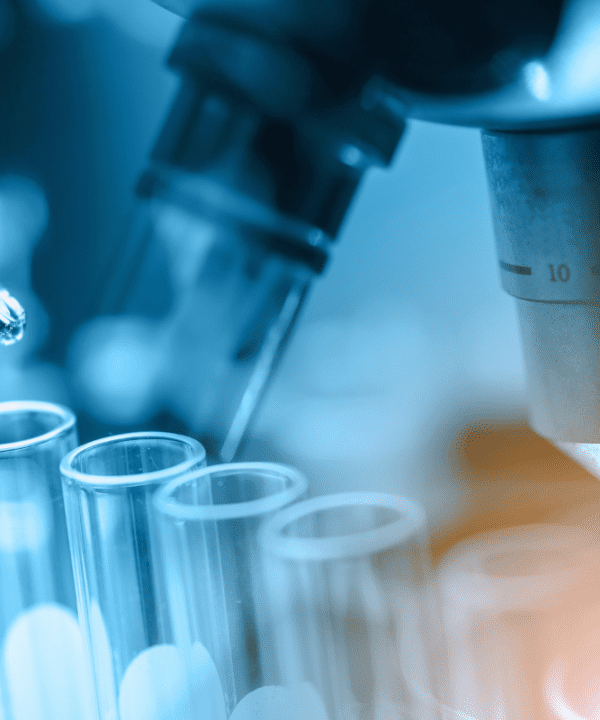
PROJECT DETAILS
- Project No 1032
- Project Name Optimum control of chloramine in water distribution systems
- Lead Organisation Water Corporation
- Research Lead University of Adelaide
- Main Researcher Graeme Dandy, Wenyan Wu
- Completion Year 2013
Project Description
Chlorine removes harmful pathogens from water but has the disadvantage of forming disinfection by-products (DBPs) by reacting with organic matter sometimes found in water. Chloramine also disinfects, is less likely to form DBPs and is more stable, so remains active in for longer in the pipelines which distribute drinking water from the plant to the tap. The problem is that it is difficult to predict exactly how much chloramine to add; it needs to be enough to maintain disinfecting activity in the pipeline distribution system, but not so much that customers find the smell of chlorine in tap water unpleasant. Traditionally, the chemical reaction rate has been used to predict the gradual ‘decay’ of chloramine in pipelines, but this is inaccurate. This research developed a computer software statistical programme that uses ‘artificial neural network’ concepts and operations to predict the longevity of chloramine residuals in water distribution systems. This is more accurate than traditional methods.





